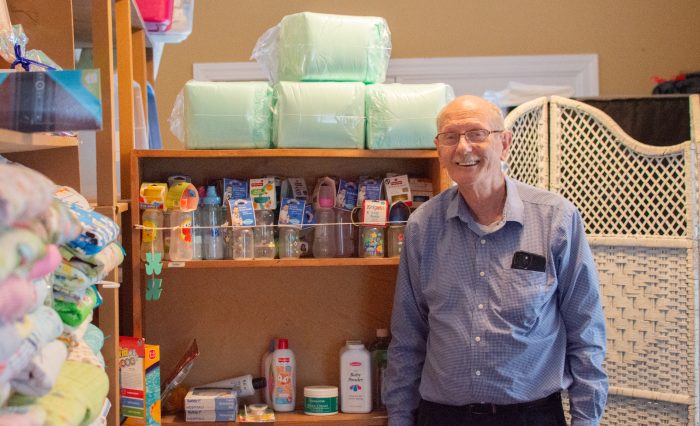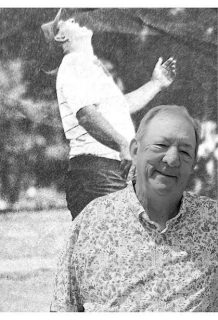Local expert urges residents to help protect bees
Published 6:30 am Sunday, April 24, 2016
John Benham of Smiths Grove is worried that area residents don’t understand the world of bees – a world he very much understands.
Benham, the past president of the Kentucky Beekeepers Association, said Friday that he would rather have a resident contact him about a bee problem than have the homeowner take matters into his or her own hands by spraying the bees, killing them.
Trending
Dangers from pesticides, encroaching civilization and other factors continue to thin the number of bees. A November article in U.S. News and World Report cited the long-term issues: “Imagine entering your local grocery store only to learn that everyday items such as coffee, apples, milk and butter are out of stock – permanently. This might seem absurd. But it could soon happen,” the magazine reported.
“All of these foods have one thing in common: They depend on pollination from honeybees. But thanks in part to the rampant use of powerful pesticides, known as neonicotinoids, these busy bees are quickly vanishing,” the article said.
A perfect example of the problem happened this past week, Benham recounted. A homeowner had what beekeepers call a “cluster” of bees on her property. These bees are swarmed together in close quarters, basically hanging out while scout bees check out the neighborhood for a new hive location. Benham said the bees are essentially harmless, gorged with honey, and won’t retaliate in any fashion unless they believe that they are threatened. There has been no hive established in this case.
A trained beekeeper can remove the bees for the homeowner without incident, Benham said. What happened, though, was a neighbor sprayed the bees and killed them.
There are about 3,000 bees in a pound of bees, Benham said. About 10,000 bees were killed in the incident.
“I love honeybees,” said Benham. “We need them to survive.”
Trending
The demise shows in the current production of queen bees. While a queen used to lay eggs for three years, now a queen can barely lay eggs for a year, Benham said.
A queen mates with 17 drone bees and the drone bees are becoming sterilized by the chemicals, he said.
One strategy being explored by Kentucky’s beekeepers is a website under development that will show where beekeepers are aware of active beehives on properties. The idea is that homeowners and farmers could check the website and the coordinates of the bees’ locations and not spray chemicals in that area.
Besides saving and relocating bees, Benham is busy working on a summer program at Western Kentucky University in the Downing Student Union, which will host the Heartland Agricultural Society from July 14-16. There will be presentations for beginners and veteran beekeepers, according to a website for the society, which met in Albion, Mich., last year.
Benham expects about 400 participants, including leading researchers on bees.
To obtain information on bees or for a response to a bee situation, call Benham at 270-404-0648.
— Follow business reporter Charles A. Mason on Twitter @BGDNbusiness or visit bgdailynews.com.






